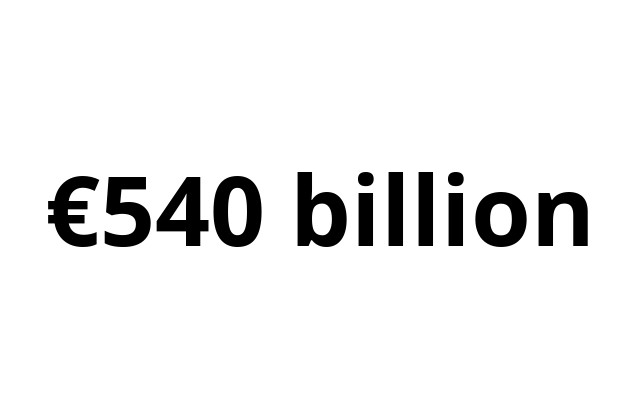The three-pronged approach offers a safety net for workers, through the Sure, a short-time working initiative, for businesses through the European Investment Bank guarantee fund and for governments via the European Stability Mechanism credit line.
The safety net is expected to be operational by 1 June 2020.
Speaking in a video conference with the heads of state and government of the EU on Thursday, Bettel said a fourth pillar was needed, namely a recovery fund.
“This crisis is affecting all our economies across Europe and its effects could be long-lasting. Let us not disappoint our citizens, our businesses or the markets. Let us start preparing a credible and ambitious plan now and invest in our future! I therefore welcome the decision of the European Council to mandate the European Commission to outline a new proposal for a more ambitious multiannual financial framework which should have a considerably higher volume in order to integrate a recovery fund into the EU budget,” Bettel said.
Bettel wasn’t the only one to back a recovery fund and European Commission president Ursula von der Leyen wrote in a statement after the meeting that it was both “needed and urgent”.
“This fund shall be of a sufficient magnitude, targeted towards the sectors and geographical parts of Europe most affected, and be dedicated to dealing with this unprecedented crisis,” she wrote.
The commission will next analyse the needs of such a fund and present proposals.
When discussions moved to EU industrial policy and the single market, Bettel was critical of the restrictive measures brought in by some EU member countries, which he described as “a process of national distancing between member states. It is the single market which, together with so many other European achievements, risks paying the price of the current crisis. The same applies to the Schengen area. A full restoration of the free movement of goods, persons and services must be part of any exit strategy.”
